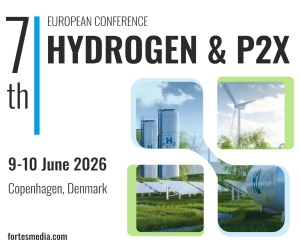The European Automobile Manufacturers’ Association (ACEA) has called on the European Union to ease its CO2 reduction targets for cars, vans, and trucks, citing the need for longer compliance periods and a greater role for hybrid vehicles and carbon-neutral fuels.
In proposals submitted to the European Commission, which will review the bloc’s targets by year-end, ACEA said the current goal of cutting new car and van emissions by 100% by 2035, with interim 2030 milestones, is no longer feasible given challenges such as limited charging infrastructure and weak EV demand.
ACEA recommends averaging car emissions compliance over 2028–2032, granting “super credits” for small EVs, and giving plug-in hybrids and range-extenders a greater role. It also argues that vehicles using carbon-neutral fuels should count equally towards emissions targets and calls for incentives tied to decarbonisation efforts such as green steel use.
For vans, ACEA suggests applying the 2025 CO2 target over 2025–2029 and revising the 50% reduction goal for 2030. It also urges an earlier review of truck targets, warning that manufacturers risk penalties due to market and infrastructure constraints.
Campaign group Transport & Environment criticised the proposals as “loopholes” that could reduce the required EV share in 2035 to around 52%, a claim ACEA dismissed as premature, saying flexibility would safeguard both the transition and Europe’s industrial resilience.
EU Auto Industry Urges Softer CO2 Targets and Greater Role for Hybrids and e-Fuels











